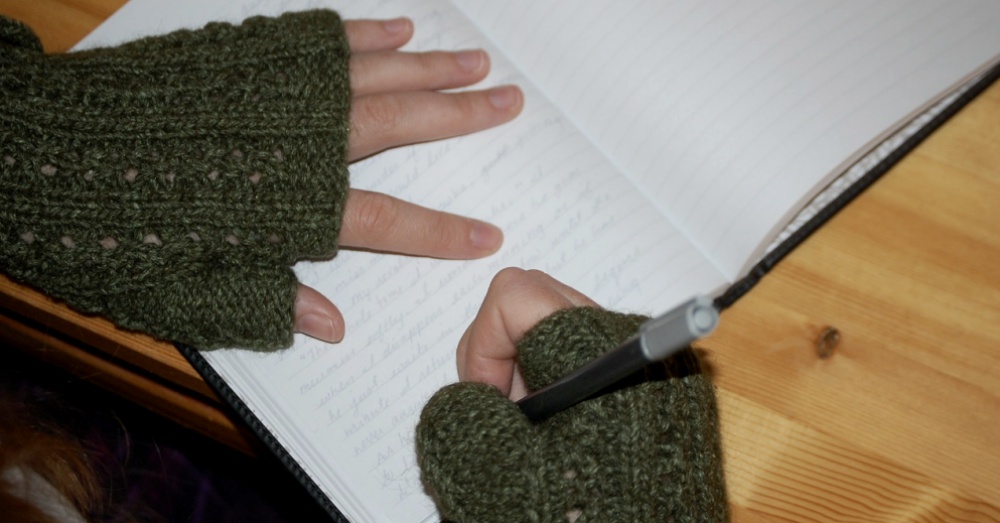From the first moment my wife discovered she had breast cancer, there was a deafening silence from the men I know. Even ones whose wives, mothers or girlfriends had breast cancer seemed to have received a gag order from some Central Cancer Command and did little more than mumble about the experience. Not one to shut up for any known reason, I started this blog…That was four years ago – as time passed, people searching for answers stumbled across my blog and checked out what I had to say. The following entry appeared in August of 2015.
Colleagues at the
Jet Propulsion Laboratory said Claudia Alexander was particularly keen on
engaging the public in space science. In her spare time, she wrote two books on
science for children.
Claudia Alexander,
a NASA scientist who oversaw the dramatic conclusion of the space agency's
long-lived Galileo mission to Jupiter and managed the United States' role in
the international comet-chasing Rosetta project, died July 11
at Methodist Hospital of Southern California in Arcadia. She was 56.
The cause was
breast cancer, said her sister, Suzanne Alexander.
During nearly
three decades at NASA's Jet Propulsion Laboratory in La Cañada Flintridge,
Alexander was known for her research on subjects including solar wind, Jupiter
and its moons, and the evolution and inner workings of comets.
JPL scientist
Claudia Alexander, pictured in 2014, was the U.S. manager for the international
comet-chasing Rosetta project. (Gina Ferazzi / Los Angeles Times)
She was the last
project manager of Galileo, one of the most successful missions for exploring
the distant reaches of the solar system. Alexander was leading the mission when
scientists orchestrated its death dive into Jupiter's dense atmosphere in 2003,
when the spacecraft finally ran out of fuel after eight years orbiting the
giant planet.
Most recently, she
was Rosetta's U.S. project manager, coordinating with the European Space Agency
on the orbiter's journey to rendezvous with the 67P/Churyumov-Gerasimenko comet
as it circles the sun.
Colleagues said
Alexander was particularly keen on engaging the public in space science.
She
spearheaded Rosetta's
efforts to involve amateur astronomers through social media and
recognize the value of their ground-level observations of the spacecraft's path
toward deep space. In particular, she spurred the creation of a Facebook group
where members of the amateur community post comments on their sightings and
interact with her and other scientists.
“Claudia's vision
was to engage and empower the amateur community via various social media… a new
wrinkle on the concept” of public engagement in NASA’s missions, said Padma A.
Yanamandra-Fisher, a senior research scientist with the Space Science Institute
who coordinated the outreach.
"I was a pretty
lonely girl. I was the only black girl in pretty much an all-white school and
spent a lot of time by myself -- with my imagination." - Claudia Alexander
She "had a
special understanding of how scientific discovery affects us all, and how our
greatest achievements are the result of teamwork, which came easily to
her," JPL director Charles Elachi said in a statement. "Her insight
into the scientific process will be sorely missed."
Alexander was born
in Vancouver, Canada, on May 30, 1959. She moved to the Silicon Valley with her
family when she was 1 and grew up in Santa Clara. Her father, Harold Alexander,
was a social worker and her mother, Gaynelle, was a corporate librarian for
chip-maker Intel.
As an African
American in a predominantly white community, Alexander felt isolated. Writing
became a refuge for her. According to the obituary: 'She wanted to study journalism at UC Berkeley, but
her parents "would only agree to pay for it if I majored in something
'useful,' like engineering," she said in an interview for the Rosetta
website.' Fortunately, her parents steered her...
During college she
became an engineering intern at NASA's Ames Research Center near San Jose. But
she found herself drawn to the space facility and visited it as often as she
could. Her supervisor eventually arranged for her to intern in the space science
division.
She went on to
earn a bachelor's degree in geophysics at UC Berkeley and a master's in
geophysics and space physics at UCLA. At the University of Michigan, she wrote
her doctoral thesis on comet thermophysical nuclear modeling and earned a PhD in
atmospheric, oceanic and space sciences.
In 1986, she
joined JPL as a team member for Galileo, which was still years from launching.
In 2000, she
became Rosetta's U.S. project scientist at the relatively young age of 40.
"She was
always looking to improve the project and make things flow better," said
Paul Weissman, an interdisciplinary scientist on Rosetta. "Europeans can
be difficult about collaborations. Claudia would get people to open up and work
together."
In 2003, she
became Galileo project manager, guiding efforts to destroy the venerable
spacecraft to prevent it from accidentally crashing into and contaminating any
of Jupiter's moons.
She had also
served as a science coordinator on the Cassini mission to Saturn.
In her spare time,
Alexander wrote two books on science for children and mentored young people,
especially African American girls. "She wanted children of color to see
themselves as scientists," her sister Suzanne said.
A fan of the
steampunk movement in science fiction, Alexander wrote and published short
stories in the genre. She wore the Victorian-style clothing associated with
steampunk fashion when she taped a TED talk on how to engage youth in math and
science. Watch
it here: https://www.youtube.com/watch?v=pxzkw0EYHIw
Alexander was
never married and had no children. Besides her mother and sister, she is
survived by a brother, David Alexander.

